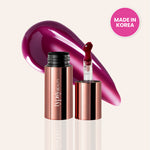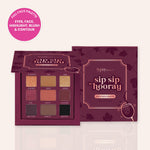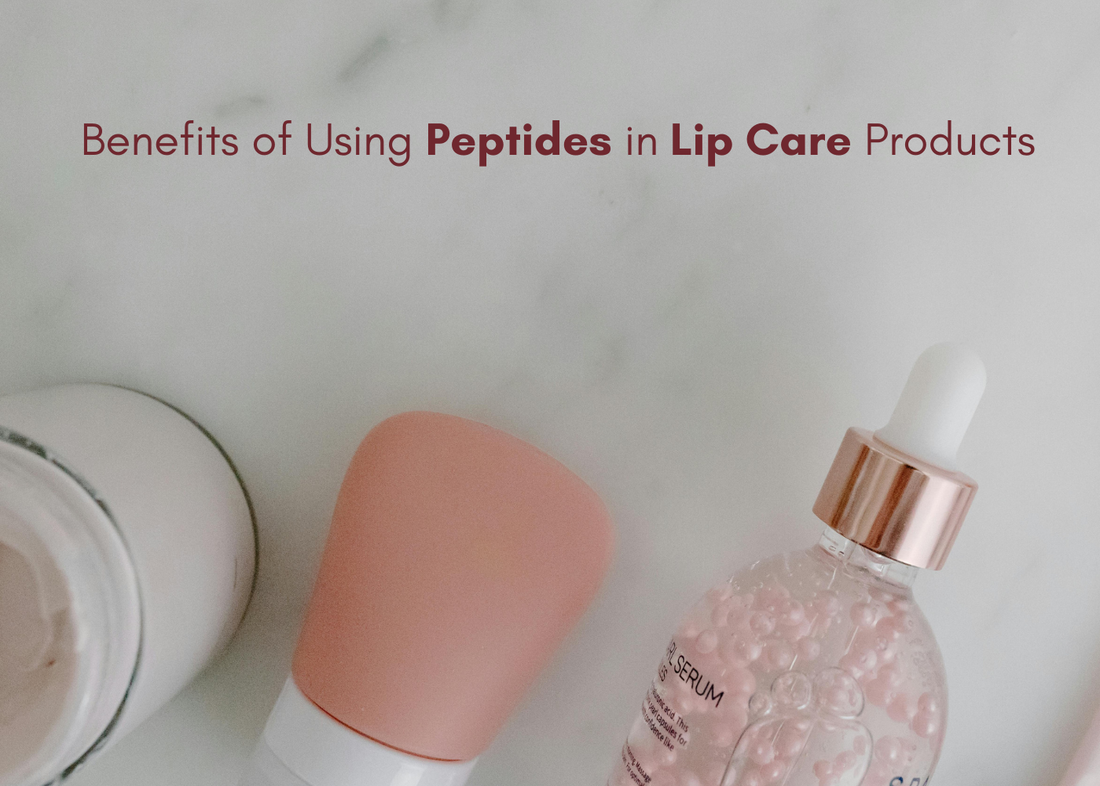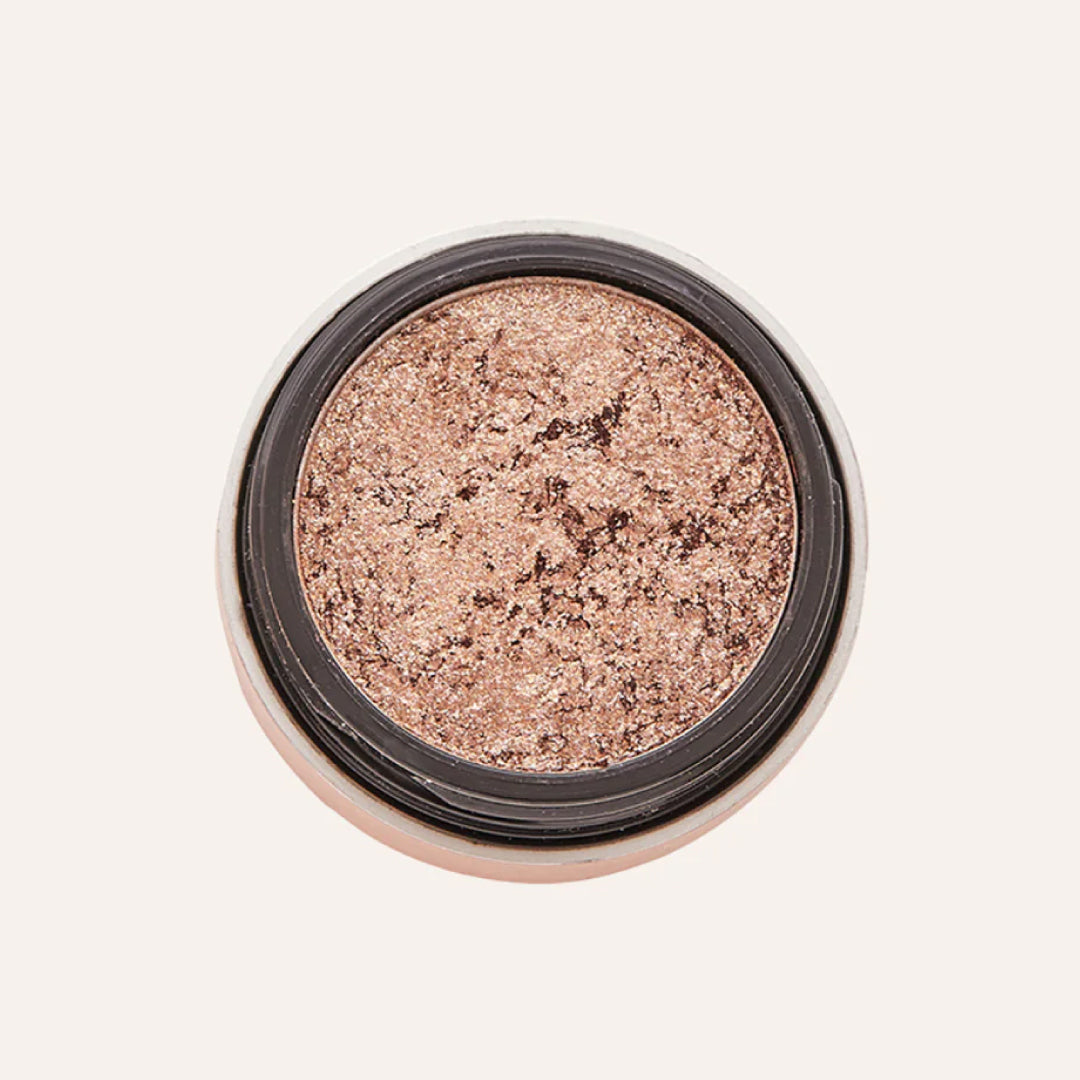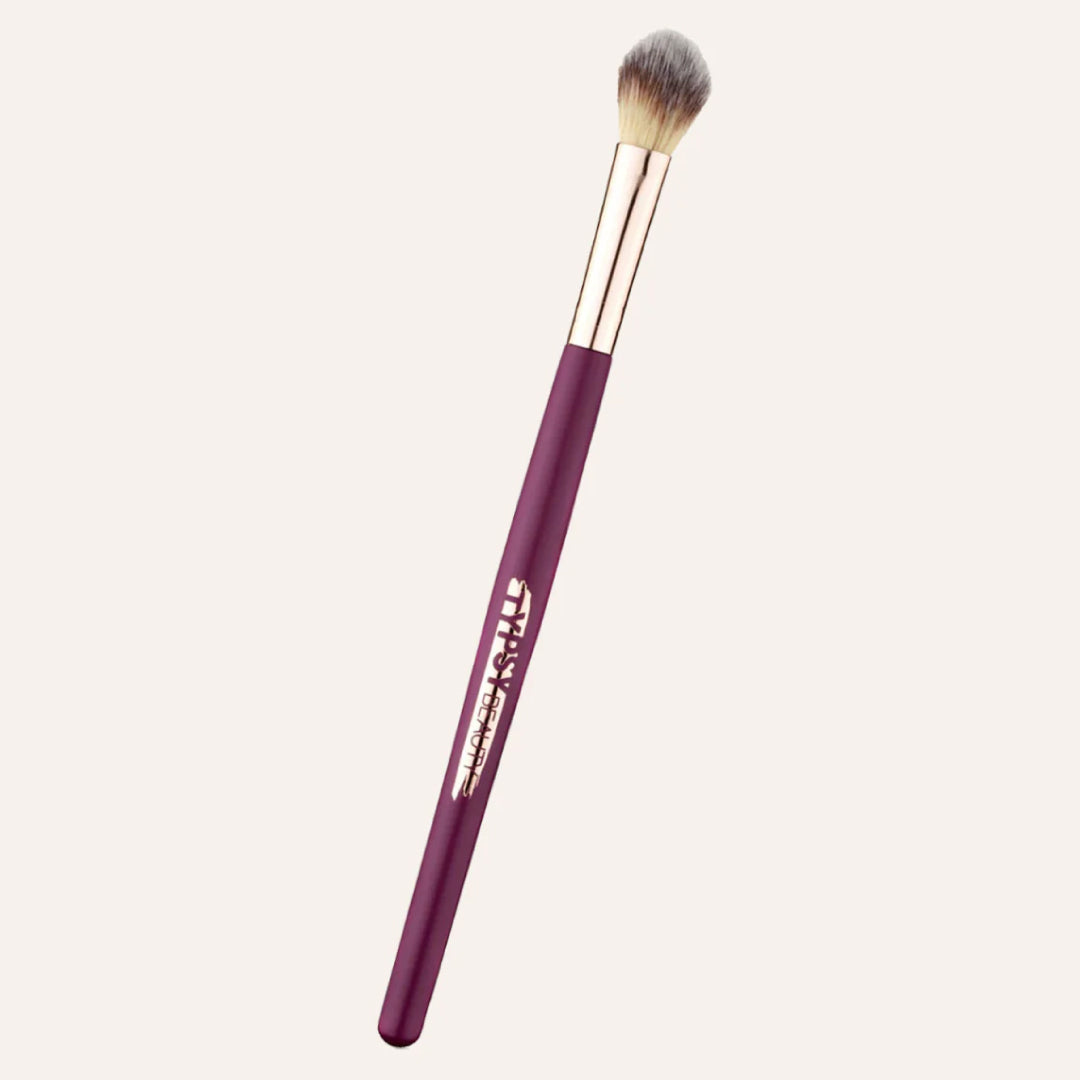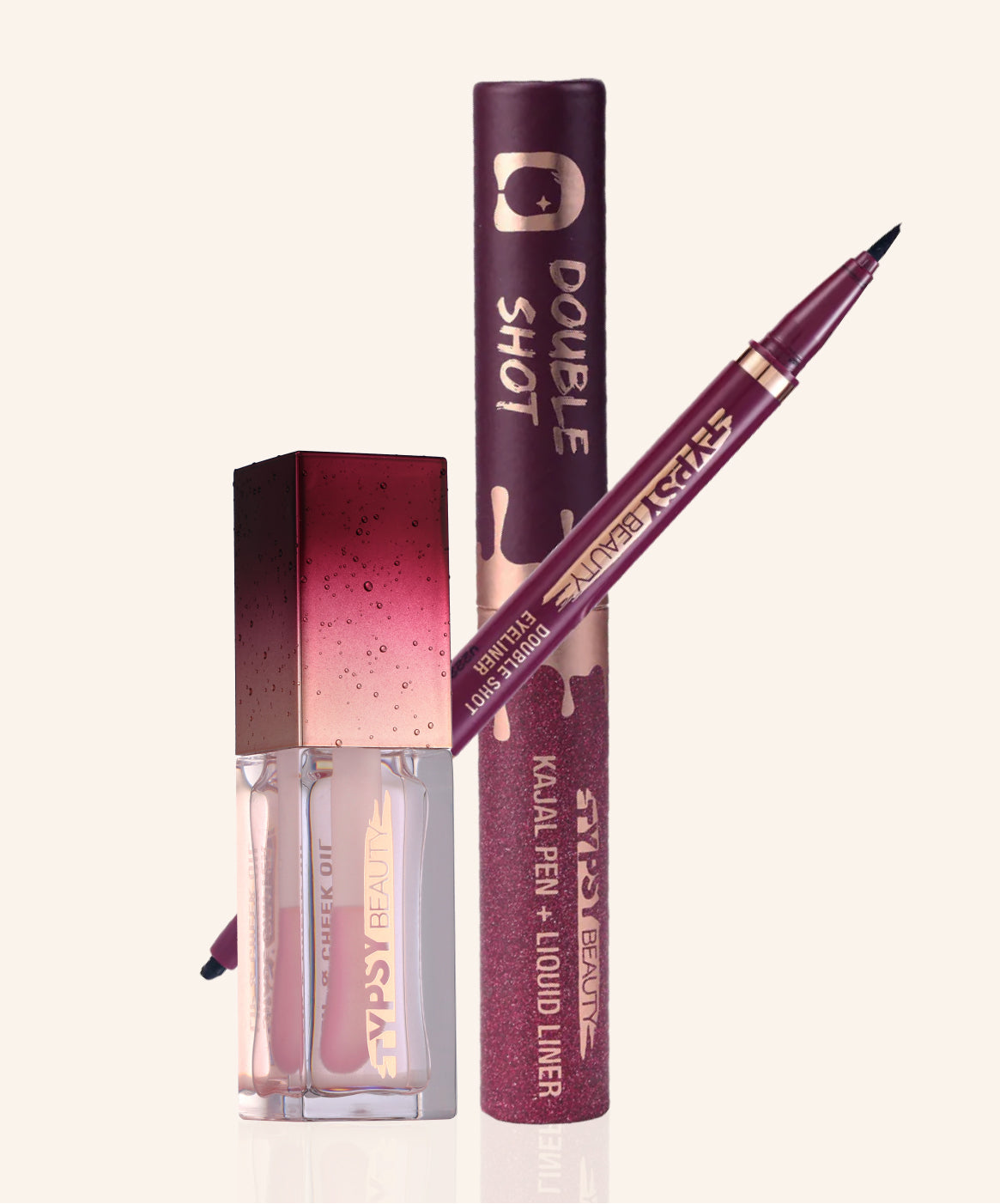Why is everyone suddenly talking about peptides in skincare and what can they actually do for your lips?
Peptides have been the quiet stars of anti-aging skincare, showing up in serums, eye creams, and moisturizers. Now, they’re making waves in lip care and not just as a trend. With global demand for active-rich beauty rising, especially across Asia-Pacific and North America,The global organic skin care market size was estimated at USD 9.83 billion in 2021 and is projected to reach USD 21.16 billion by 2030, growing at a CAGR of 8.9% from 2022 to 2030., it’s worth paying attention.
One swipe of the right balm can go well beyond surface-level hydration
Let’s break down why.
Lip Care Then vs. Now: From Basic Protection to High-Performance Beauty
There was a time when lip balms did one job block wind and cold. A little petroleum jelly, a hint of flavour, maybe a tint if you were lucky. That was enough.
But modern beauty routines expect more than just temporary shine. Today’s lip care is about performance, not just appearance. Here's how it’s grown:
-
If you're using a traditional balm, you’re getting short-term moisture and basic protection.
-
If you’ve switched to a moisturizing lip balm, you're likely getting humectants and emollients that hydrate deeper.
-
If your balm includes SPF and antioxidants, you're getting closer to anti-aging lip balm benefits.
- And if you're using a formula with peptide ingredients, you're now in the skincare territory repairing, plumping, and smoothing with every swipe.
What Are Peptides?
Peptides are small chains of amino acids, the same building blocks that make up collagen and elastin in your skin. Think of them as little messengers that tell your skin to take action: heal, rebuild, smooth out, firm up. In lip care, they’re a game-changer.
Why Peptides Matter in Lip Care
Your lips age faster than you think. They don’t have oil glands, which means they dry out easily. As you age, your lips lose volume and fine lines become more noticeable. That’s exactly where peptides in lip care come in.
They help signal your skin to boost collagen production and rebuild what’s breaking down making your lips look smoother, feel softer, and heal quicker.
What are the Real Benefits of Peptides in Lip Balms
Let’s cut through the noise. Here’s what peptides actually do when they show up in your balm:
If your lips feel thin or dull, peptides help boost collagen production so they look plumper and better defined over time.
If your lips flake easily, peptides support moisture retention by strengthening your skin’s barrier.
If you see vertical lip lines forming, peptides work to smooth fine lines, especially when used consistently.
If your lips get irritated often, peptides help heal damaged skin faster and support overall recovery.
Styling Tip: If you wear matte lipstick regularly, layer a peptide-rich balm underneath to keep your lip texture smooth and avoid flaking or cracking.
Peptides vs Traditional Lip Balm Ingredients
|
Feature |
Traditional Balm (e.g. Beeswax) |
Peptide-Infused Balm |
|
Hydration |
Short-lived surface protection |
Longer-lasting hydration + barrier support |
|
Anti-aging |
Very limited |
Targets collagen loss and firmness |
|
Healing |
Passive over time |
Accelerated healing with cell support |
|
Texture improvement |
Basic conditioning |
Noticeably smoother and plumper lips |
Meet Your Upgrade: Typsy Beauty’s Peptide-Forward Lip Balm
A lip balm shouldn’t be an afterthought and Typsy Beauty proves that. Their POUT POLISH LIP TREATMENT BALM is packed with peptide ingredients, L-Ascorbic Acid, and collagen, giving you both skincare benefits and daily comfort and what could be better than ph color changing lip balm which assures you a good lip tint.
This balm feels indulgent but works hard. From rich texture and punchy flavour to real barrier repair, you get hydration that doesn’t fade after 10 minutes. Swipe it on before heading out, reapply after a meal, or use it as an overnight treatment.
When your lips feel this good, your lipstick looks better. And your selfies? Even better.
Can You Be Allergic to Peptides?
Most people use peptide-based products without a problem, but irritation is still possible especially if the formula includes additional sensitizing ingredients like alcohol, menthol, or synthetic fragrances.
Watch for these signs: mild burning, redness, dryness, or tingling around your lips right after applying. It might not be the peptide itself, it could be another ingredient in the mix.
How to Stay Cautious:
Test a new balm by dabbing it behind your ear or on your wrist and waiting 24 hours for a reaction.
Check the label for known irritants like fragrance or essential oils, especially if your lips are already chapped or inflamed.
If you're using a peptide balm for the first time, apply it once daily to see how your skin reacts.
Look for formulas that also include shea butter, vitamin E, or castor oil; these calm inflammation and lower the risk of irritation.
If irritation persists, it’s best to stop using the product and consult a dermatologist.
Final Thoughts
Lip care is no longer an afterthought in the beauty routine; it's evolved into its own skincare category, and peptides in lip products are right at the forefront of that transformation. These powerful ingredients do more than just hydrate; they help smooth fine lines, restore firmness, boost natural volume, and enhance overall lip texture with continued use. Whether your goal is a plumper pout, better definition, or simply a healthy, nourished look, incorporating peptide-based lip care is a smart and effective choice.
As the market catches up with what consumers have long needed, lip products that actually treat while they tint brands like Typsy Beauty are making the transition effortless. Their formulas offer that rare blend of clinical-grade results with everyday ease: clean, effective ingredients, luxurious textures, and playful packaging you’ll actually want to reach for. In short, your lips deserve better and now, better is finally here.
FAQs
How do peptides work in lip balm?
Peptides are like smart messengers. In lip balms, they signal your skin to produce more collagen and elastin, helping reduce wrinkles, smooth texture, and restore lip fullness. For instance, using a peptide balm daily in winter can prevent cracking while keeping your lips plump.
Are peptides safe for sensitive lips?
Yes especially when combined with ingredients like castor oil or shea butter. If your lips are easily irritated, avoid formulas with alcohol or fragrance and always patch-test first.
How often should I use a peptide-infused lip balm?
Twice daily is ideal once in the morning and again at night. If you're in dry conditions (flights, AC, winter), reapply every few hours to maintain hydration and support healing.
Do peptides replace lip masks or exfoliators?
No. Peptides are daily support, but for best results, use a lip scrub 1–2 times weekly and a richer lip mask at night. Peptides keep your lips in shape, while exfoliators and masks handle buildup and deep repair.
Who benefits most from using peptide lip care?
If you’re noticing lip thinning, deeper lines, or constant dryness, you’ll see the biggest changes. Peptide balms also work great for lipstick lovers; they smooth the surface so your colour stays even.


